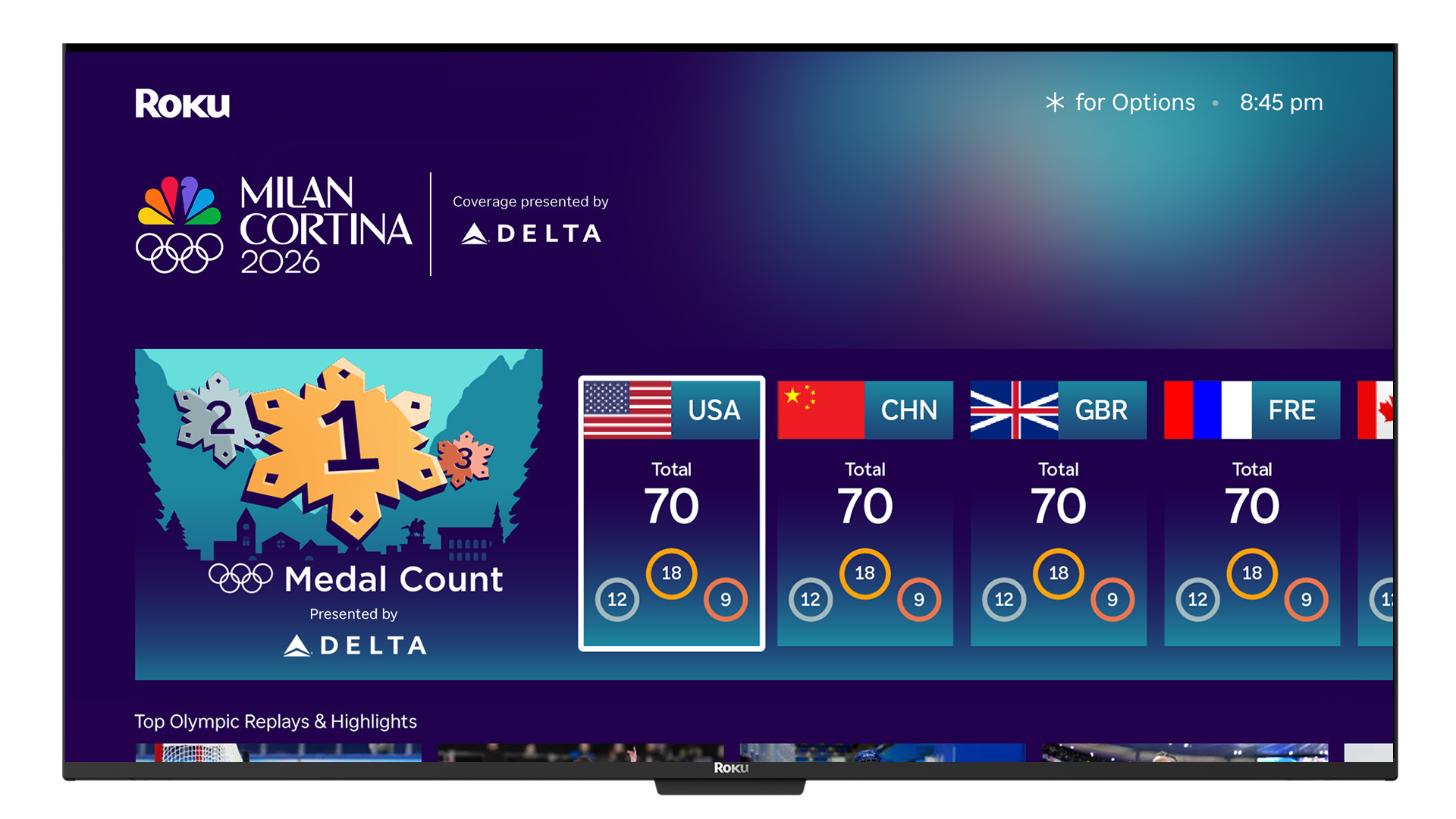Sinclair Cut Retrans Agreement Hours Before FCC Reconsiders Rules

HUNT VALLEY, MD., and PHILADELPHIA: Sinclair announced a retransmission agreement-in-principle this morning with Comcast, just as federal regulators prepare to reconsider its rules governing the scheme.
Sinclair recently closed out retrans deals for 28 stations carried by Time Warner Cable; and for six stations served by Bright House. The Time Warner negotiations grew strident and extended nearly four weeks after the previous contract expired, though no stations were pulled from cable systems. The deal with Comcast covers 36 TV stations in 22 markets for an unspecified number of years. It was achieved quietly.
Wells Fargo analyst Marci Ryvicker estimated the Comcast deal covers around 5.2 million of the provider’s roughly 24 million subscribing households. She said it “likely represents $2 million to $3 million more in retrans” revenues.
“We were happy to see that SBGI and CMCSA were able to reach an agreement without a public argument,” Ryvicker said, using the ticker symbols for Sinclair and Comcast. “This gives us hope that SBGI’s other major contract coming due later this year--Cox in H1--will also be completed in a timely manner.”
Retransmission negotiations are a phenomena of HDTV. When cable operators started charging a premium for hi-def tiers, broadcasters, providing a majority of those signals at the time, wanted a piece of the revenue. Disney’s ABC and Time Warner Cable affected the first high-profile retrans stand-off more than a decade ago, with ABC pulling “Who Wants to Be a Millionaire” when the show was at the peak of its popularity.
Acrimonious retransmission negotiations have been playing out in the public arena since then. Lawmakers finally had enough last year after Fox stations were pulled from Cablevision systems for 15 days that included the first game of the World Series. Several urged Federal Communications Chairman Julius Genachowski to take up retransmission consent reform. FCC Media Bureau Chief Bill Lake announced the commission’s intention to do so in mid-December. The item is on today’s meeting agenda.
One of the things cable operators have most agitated for is to have the FCC prohibit broadcasters from pulling their signals during negotiations when contracts expire. The general expectation from the FCC is to let market forces take their course.
“We do not anticipate any material change to the method of negotiations,” Ryvicker said in her note.
Robert McDowell, one of two Republicans on the commission, told broadcasters earlier this week to continue negotiating and to not expect substantial intervention from the FCC. House Energy and Commerce Chairman, Fred Upton (R-Mich.) said he didn’t believe Congress should get involved, nor that the FCC should compel carriage agreements.
-- Deborah D. McAdams
The professional video industry's #1 source for news, trends and product and tech information. Sign up below.
